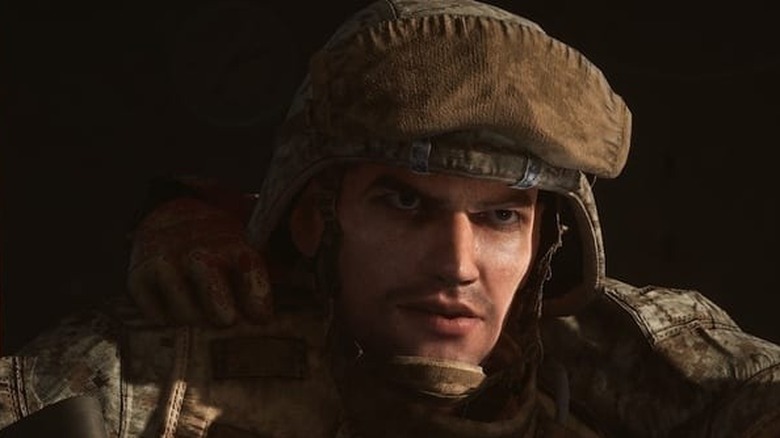Six Days In Fallujah's Controversy Grows
Six Days in Fallujah, the once-cancelled first person shooter, recently received new life thanks to a few ex-Halo devs. Now, the Counsel on American-Islamic Relations (CAIR) has released a statement requesting that the game be cancelled once again.
Six Days in Fallujah seeks to recreate the Second Battle of Fallujah in 2004, one of the more harrowing events in the Iraq War. CAIR issued a press release on April 7, 2021 calling on Microsoft, Sony, and Valve to cancel the game, stating that "the Iraq War is not a game."
CAIR advocates for Muslim civil rights in America, and so the reasons its investment in Six Days in Fallujah seem very clear. Psychologists and researchers have proven that the American perception of Muslims greatly diminished post-9/11, leading to hate crimes as well as general discrimination. CAIR views Six Days in Fallujah as a step backward in how Americans perceive Muslims.
In its press release, CAIR stated that Six Days in Fallujah would be an "Arab murder simulator," glorifying the killing of Muslims for fun and gamifying a serious historical event that left many dead. CAIR Research and Advocacy Coordinator Huzaifa Shahbaz explained, "The gaming industry must stop dehumanizing Muslims. Video games like Six Days in Fallujah only serve to glorify violence that took the lives of hundreds of Iraqi civilians, justify the Iraq war, and reinforce anti-Muslim sentiment at a time when anti-Muslim bigotry continues to threaten human life." The press release also included links to studies backing up CAIR's statements.
Peter Tamte, the creator of Six Days in Fallujah, sat down with Polygon earlier this year for an interview. In that chat, Tamte portrayed Six Days in Fallujah as a way to educate people about urban combat, saying, "It's about the experiences of that individual that is now there because of political decisions," not the larger political machinations of countries. He continued, "We're not trying to make a political commentary about whether or not the war itself was a good or a bad idea."
Polygon called Tamte's response a "dodge," noting that Six Days in Fallujah follows a real battle, not a fictional one set within a specific historical time period. Tamte continued to suggest that Six Days in Fallujah would inspire people to learn more about the actual battles as they happened, sparking an interest in history.
CAIR is not alone in its critiques against the game. One article from Gamasutra called Six Days in Fallujah's purpose "vile." Arab and Iraqi game developers expressed disappointment at Six Days in Fallujah's return to headlines, suggesting that the game might have a bigger emotional toll than Tamte anticipated. Even Iraq war veterans have spoken out against the game. Only time will tell if Six Days in Fallujah will make it to consoles, but gamers can expect it to cause controversy either way.

